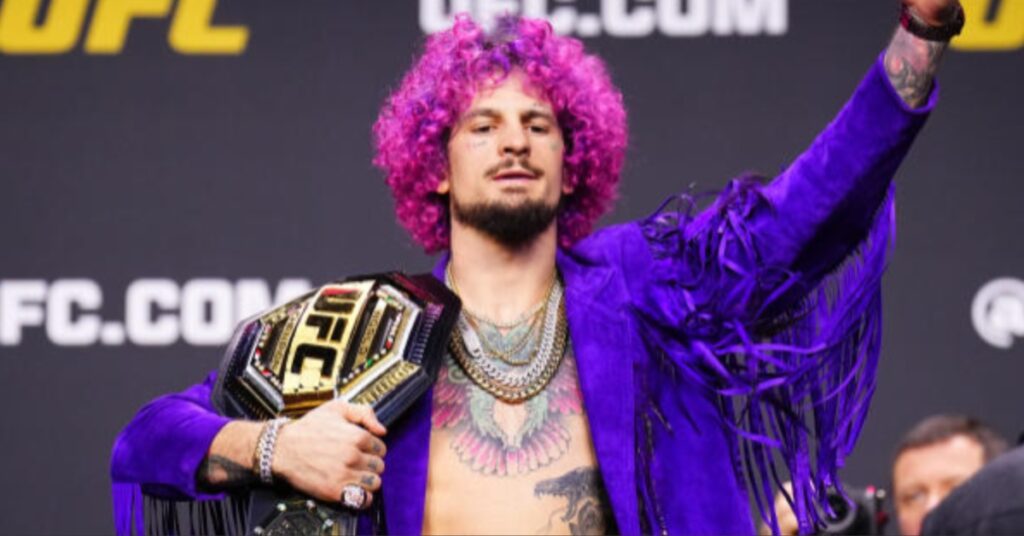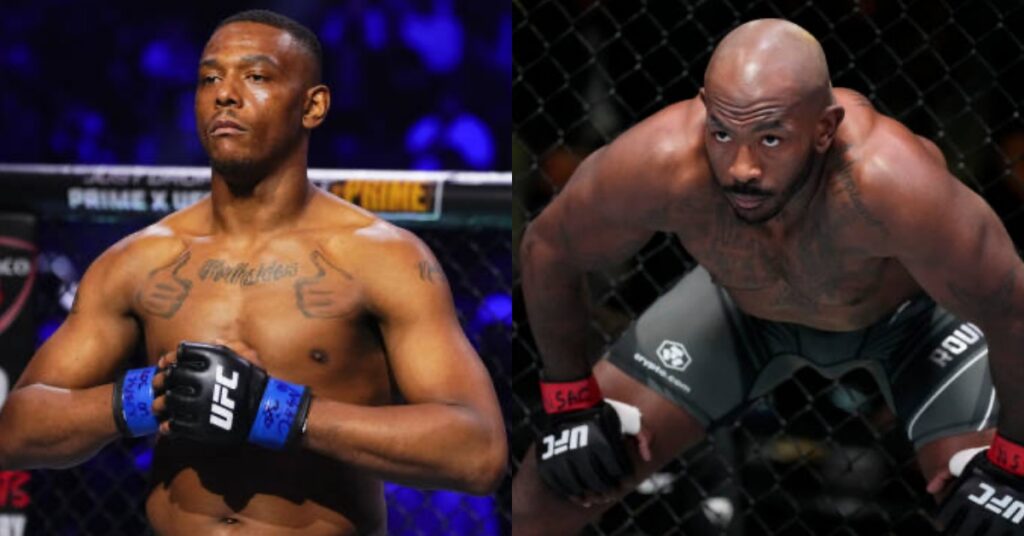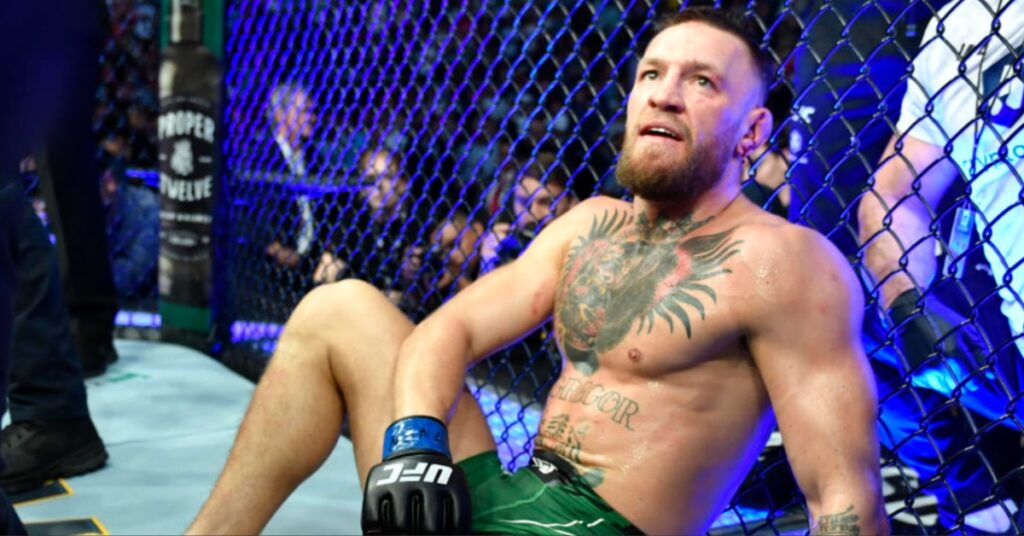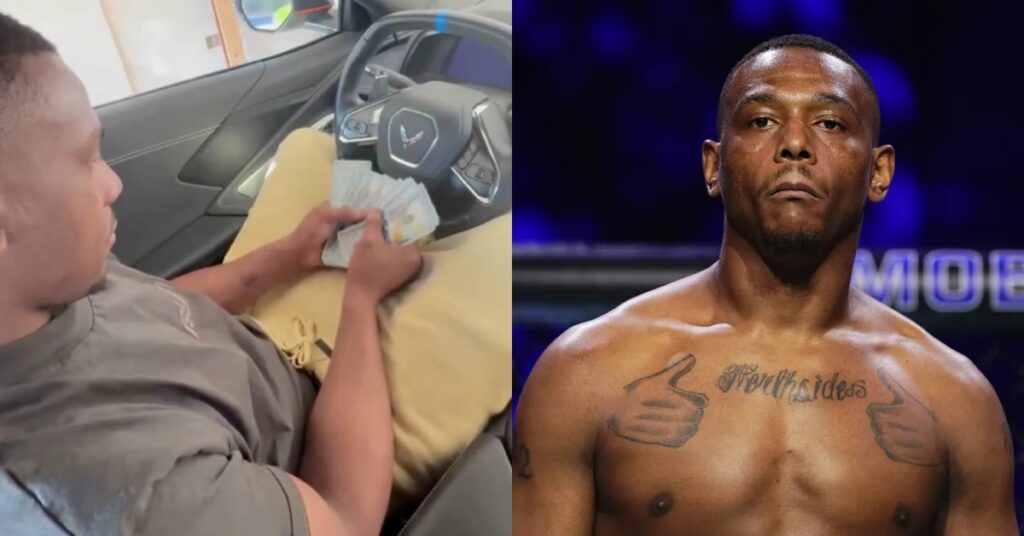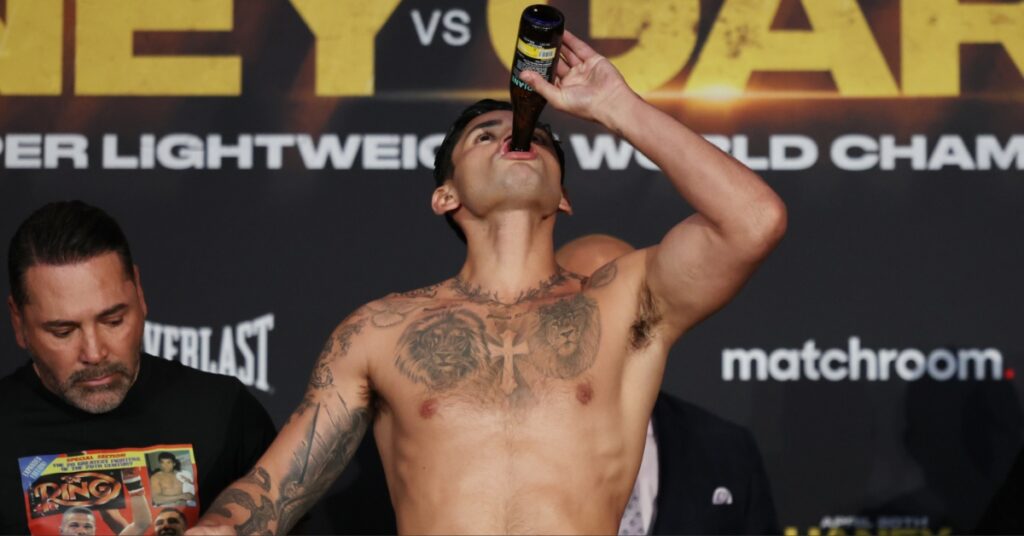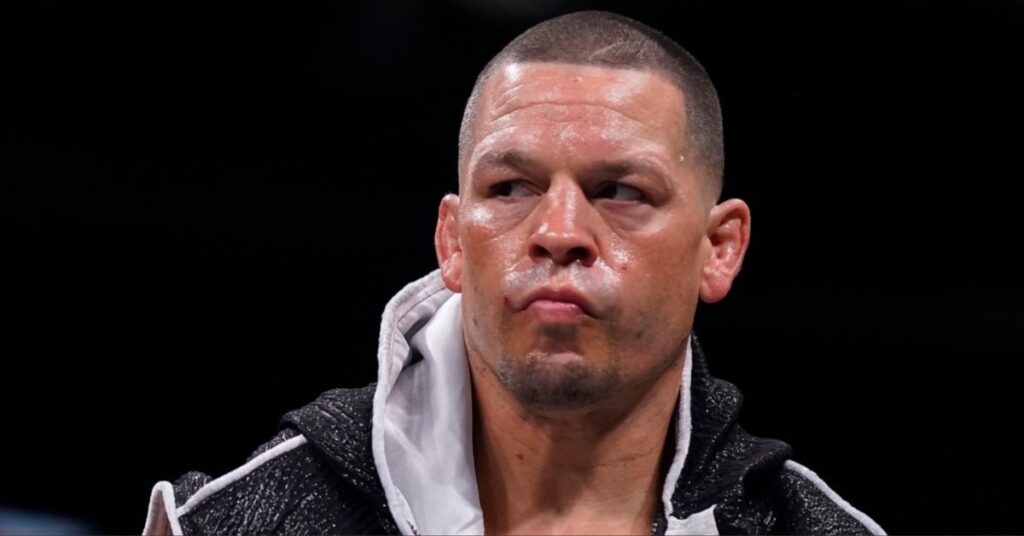Mark Hunt Pursuing Possible Racketeering Lawsuit Against UFC
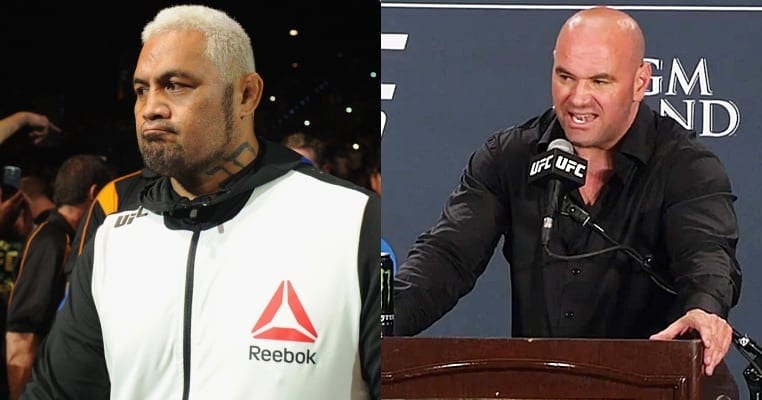
Mark Hunt’s fairy tale journey through the world of mixed martial arts came to a screeching halt this year. Since the Pride FC days, ‘The Super Samoan’ has been a solid fan favorite. Joining the UFC in 2010, Hunt ignored the offer to have his contract bought out by UFC president Dana White. Instead opting to roll the dice in the UFC octagon, the former K-1 champion encountered a tough debut on US soil. Submitted by Sean McCorkle at UFC 119, Hunt faced a do-or-die opponent in Chris Tuchscherer at UFC 126. Scoring knockout of the night at UFC 126, ‘The Super Samoan’ then went on to win a further three straight.
By 2013, Hunt was becoming a household name. The fan friendly one-punch KO artist stepped up to face Junior dos Santos at UFC 160. Although losing to the former heavyweight champion, ‘The Super Samoan’ put in a gallant effort during their exciting scrap. Facing Antonio Silva in a thrilling five round draw, Hunt would then become the first man to KO Roy Nelson in the UFC. Harrowing losses to Fabricio Werdum and Stipe Miocic, and stunning wins over ‘Bigfoot’ and Frank Mir led Hunt to UFC 200 and Brock Lesnar. Here’s where the Pride veteran’s career has pretty much ended.
![Mark Hunt Pursuing Possible Racketeering Lawsuit Against UFC 2 lesnar-vs-mark-hunt-800x521[1]](https://www.lowkickmma.com/wp-content/uploads/2016/06/lesnar-vs-mark-hunt-800x5211.jpg)
UFC 200/USADA
Losing a one-sided decision to Brock Lesnar at the milestone UFC 200 event was a tough pill to swallow, but one Mark Hunt took on the chin. Up until Lesnar’s failed drug test was revealed by USADA some days after the fact, ‘The Super Samoan’ remained gracious in defeat. The moment the WWE star’s USADA pop was announced, Hunt went off the rails. Blasting the UFC for ‘harbouring cheaters,’ and allowing Lesnar to receive a four-month pre-fight test exemption, Hunt all but wrapped up his UFC career with a serious of scornful rants.
Announcing he’d push for a fighters association, it was clear Mark Hunt had enough of competing against fighters on TRT or steroids (allegedly, in some cases). Now it looks like he’s taken it a step further, via MMAMania, as ‘The Super Samoan’ is now seeking legal advice in a possible lawsuit against the UFC:
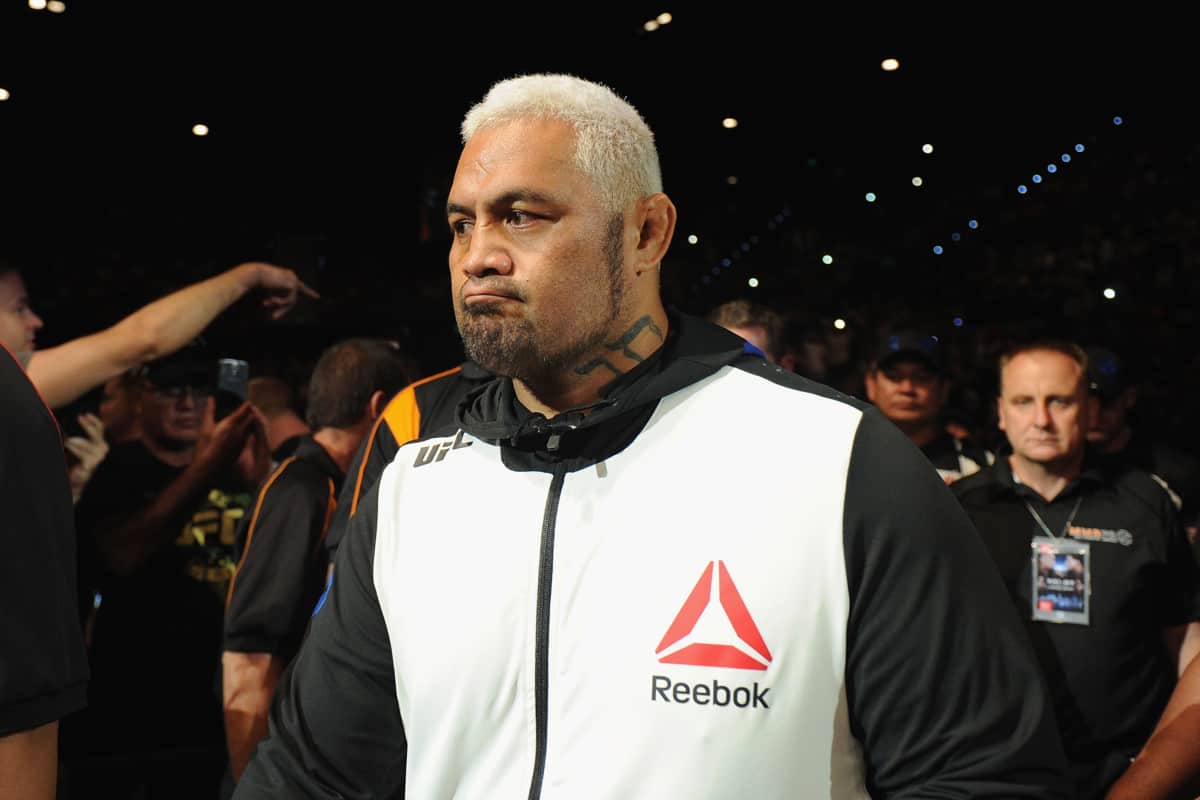
Hunt vs. UFC
“It’s the third time I’ve had to fight a steroid user. I don’t think the penalties are harsh enough. I don’t think it is a fair environment. I’ve probably fought more juicers than anybody. The difference is now is that I realized I can actually lose an eye or something and not be able to compete again. I know fighting is kind of hard and all, but when these losers are taking steroids it makes it even worse.”
Retaining legal service from Christina Denning from Higgs, Fletcher and Mack, a law firm based in San Diego, Hunt revealed he’s possibly seeking legal proceedings against the UFC. Here’s what his lawyer said on the situation:
“We’ve got the UFC granting an exemption from the four-month drug testing requirements in order for Lesnar to participate in UFC 200,” she began. “UFC 200 happened in July, I believe, and he didn’t sign on with UFC until June, a month before. However, Brock and the UFC had been in discussions for several months beforehand about Brock Lesnar’s possible participation in the UFC and everybody understood that he was planning on coming into the UFC. That causes you to wonder, well, why didn’t he sign on early and get into the program.”
“Well, I can’t say with certainty and I don’t want to throw out allegations that are unsupported, but one could suspect that the UFC and Brock Lesnar both knew that they were going to have a problem with these random drug tests and so they waited and sat on this announcement so he could get clean. And then he gets into the program and has a couple of results where he passes and then he starts taking whatever substance it is–and I’m not an expert on it–but he starts taking this substance knowing that this is a one-time stop in the UFC and he is now going back to the WWE, where he is part-time and not subject to any discipline there and it’s like this guy is invincible.”
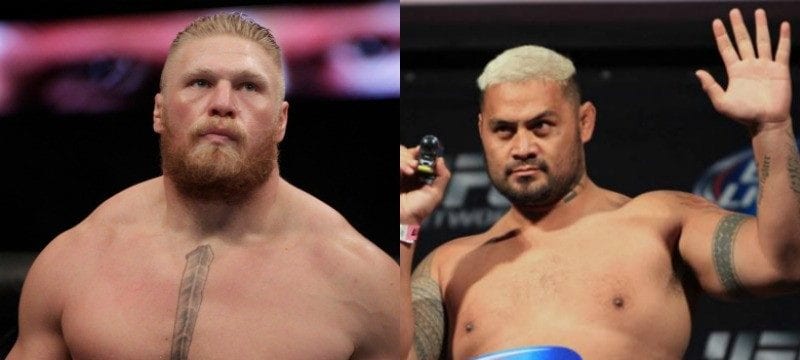
RICO Act
“What’s concerning is the UFC”s decision to grant him this exemption when the anti-doping policy … there is specific and this is where the law comes in and you argue over vague terms, but it says there has got to be extraordinary circumstances for granting that exemption,” Denning continued. “I don’t know, I”m not an insider like you, but there are reports out there that I haven’t substantiated, that this is the only time the UFC has granted such an exemption. Then you have to factor in the fact that UFC 200 came around the time of the 4.2 billion dollar sale of the UFC was getting ready to close and they’ve already lost some money because of the doping violations.”
Hunt:
“You can say the UFC is trying to do everything they can to try and catch drug users, but then why would they give him a four-month exemption?” asked Hunt. “I think they actually knew. They actually knew the pro wrestler was on the juice. All those losers are juicing. It’s all fake. It’s not a natural competition. They can do whatever they want to look good for the audience because it’s all scripted. How do I know this? I did pro wrestling in Japan myself. I’ve taken a lot of fights on short notice, but this one they gave him a four-month exemption. They had the sale on. I’ve had enough of it and I shouldn’t have to suffer, neither should my family, because these guys are taking the juice. And lose out on money that I should be making because this dickhead is coming around here with his steroids. And why is it that they are not making penalties even more harsher for these guys because it’s a violent sport about hurting people.”
Denning:
“One of these things that we are exploring–and same with Brock Lesnar there is causative action against him as well–but one of the things that we are exploring is actually racketeering, RICO violations, because there is a pattern for the benefit of the UFC to gain monetary benefit off of engaging in this behavior. And it’s given that there is a pattern and Mark can speak to this, but not only Mark, whose fought three people that have tested positive and they asked him to fight some of them again, there are other fighters in the UFC, who do not take any banned substances, who have also been put in the same situation. And my understanding is for those persons, sometimes their next fight’s compensation is dependent on the outcome of what that result is.”

